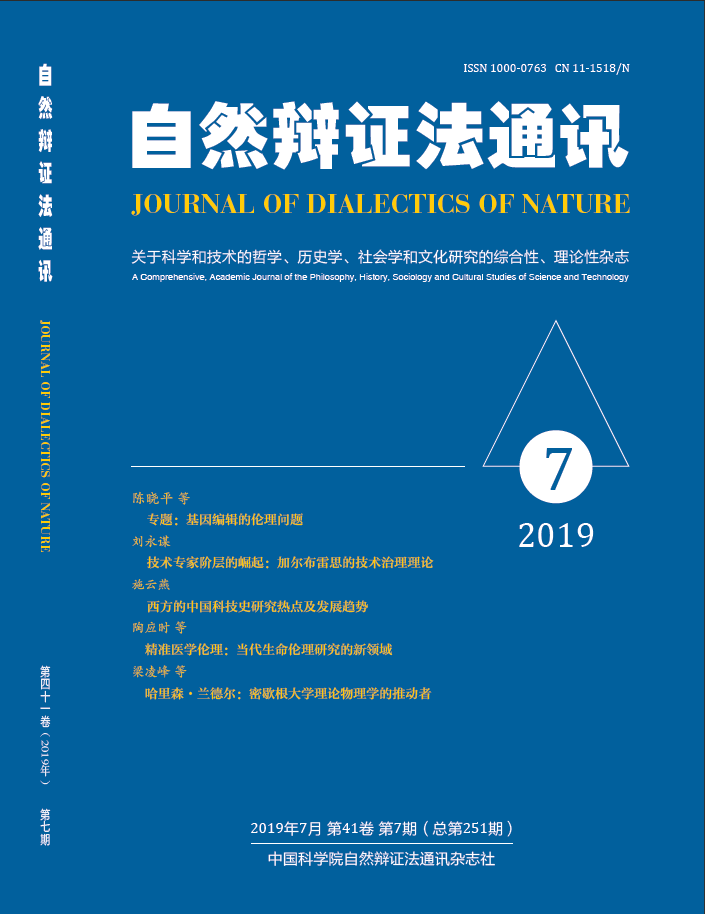

Abstract
There are many reasonable points in current genetic ethics and bioethics, which include restrictions on the application of gene editing technology and the prohibition of the enhancive gene editing.However, in terms of the use and study of germline gene editing, current genetic ethics have only issued a warning rather than any prohibition; they even give it encouragement in the general direction. This has to be considered as a serious inadequacy or defect of current genetic ethics. For all of this, it is necessary to introduce the ‘principle of prohibiting germline gene editing'. This kind of principle of genetic ethics is based on natural religion and anthropocentrism, which can be regarded as its metaphysical foundations, with the purpose of keeping the human gene pool as pure as possible. Natural religion is a religion in the broad sense that can coexist peacefully with and promote science. It has a long tradition in both the West and China. In order to prevent another ‘He Jiankui event', we should work along two lines: on the one hand, we should establish and improve the rules and regulations under discussion; on the other hand, we should lay the appropriate metaphysical foundations for those rules and regulations.
Key Words
Gene editing; Bioethics; He Jiankui event; Natural religion; Systematic utilitarianism
Citation: Chen, X. 'A Discussion on Ethical Boundaries of Gene Editing for Humans: The “He Jiankui Event” Viewed from Moral, Philosophical and Religious Perspectives' [J]. Journal of Dialectics of Nature, 2019, 41(7): 1-13.
- Contact Us
- Address: No.19A Yuquan Road, Beijing, 100049, China
- Phone: +86-10-88256007
- Email:jdn@ucas.ac.cn




